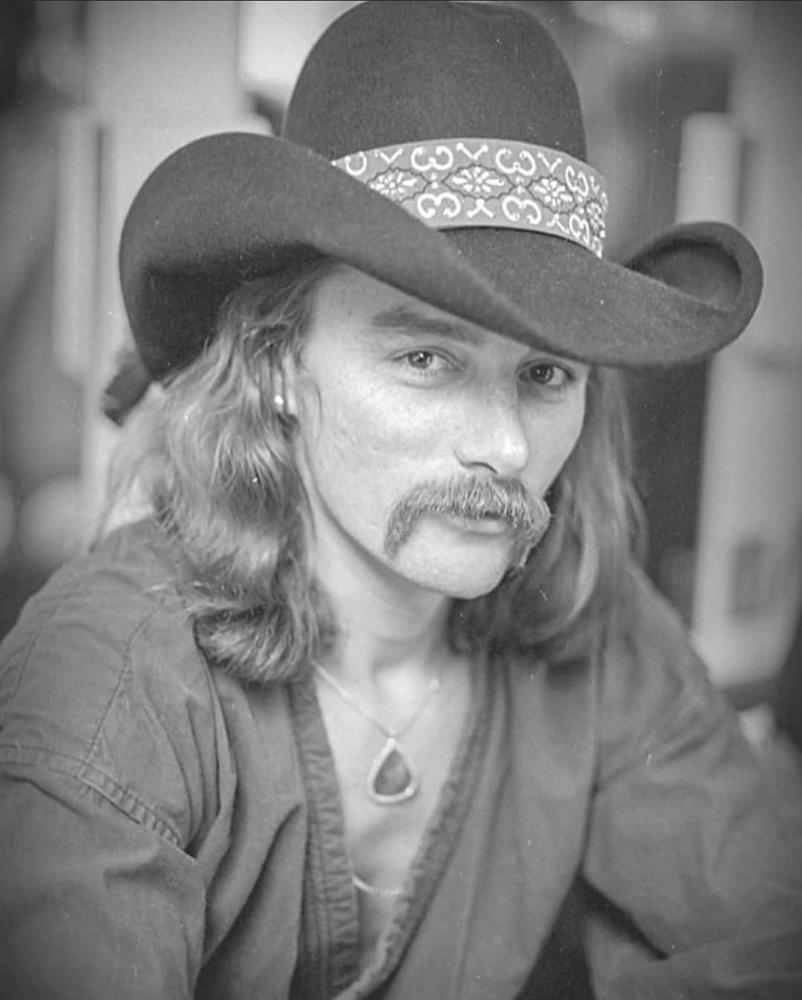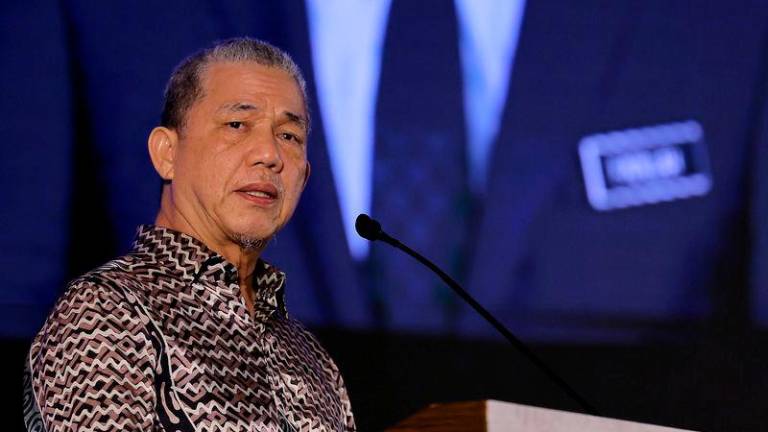FOLLOWING a battle with cancer and chronic obstructive pulmonary disease, singer and guitarist Dickey Betts passed away peacefully last week at the age of 80.
A co-founder of seminal American southern rock band The Allman Brothers Band, the death was announced by his family through the musician’s Instagram account.
“The legendary performer, songwriter, bandleader and family patriarch was at his home in Osprey, Florida, surrounded by his family. Betts was larger than life, and his loss will be felt worldwide. At this difficult time, the family asks for prayers and respect for their privacy in the coming days.”
On the band’s Instagram account, another tribute was posted, saying that Betts had written some of their most important songs, such as Jessica and Rambling Man.
“He was passionate in life, be it music, songwriting, fishing, hunting, boating, golf, karate or boxing. Betts was all in on and excelled at anything that caught his attention. Play on, brother. You will be forever remembered and deeply missed.”
The Allman Brothers Band was formed after Gregg and Duane Allman ended their previous band, the Allman Joys. Betts then joined the band on lead guitar, with bassist Berry Oakley, drummers Butch Trucks and John Lee “Jaimoe” Johnson.
In the band’s first two studio albums, Betts was relatively reigned in, even if the Betts-written Revival and In Memory of Elizabeth Reed from Idlewild South would go on to become all-time favourites.
However, on the third album, At Filmore East featured the band’s Southern rock music heavily influenced by Bett’s jazz trappings with the almost free form extended jams making it a landmark recording, not just for the band but as a template for 70s live albums. At Fillmore East is often mentioned in polls as an essential live recording in the rock pantheon.
Despite the upwards trajectory that the Allman Brothers Band were riding with their early albums, the first half of the band’s first seven years would be marked by a series of tragedies that culminated in the abrupt, motorcycle accident-related deaths of Duane and Oakley in the early 1970s.
During the second half of that “era”, Betts would take over the band’s leadership role. On the band’s fifth album after the critical loss of its two core members, Betts wrote the majority of the songs on Brothers and Sisters.
Growing up listening to bluegrass and country music, it would shape Betts’ path in rock music before joining the Duane and Greg in their band. Running parallel to his time in the Allman Brothers Band, Betts released the solo albums Highway Call, Dickey Betts & Great Southern and Atlanta’s Burning Down.
Afterwards, there was nothing but trouble for the band. That said, the Allman Brothers Band with Betts at its helm was reportedly still influential in southern states of America, combining the best of the region’s music, which in turn paved the way for more commercially successful Southern rock bands to appear.
“I would’ve done something. I would have worked for somebody landscaping. I was very pragmatic and industrious. But it wouldn’t have been as nice as what happened when I met up with that bunch of guys,” Betts told Rolling Stone in 2017.
“I’ve had a great life and I don’t have any complaints. If I could do it again, I don’t know what I could do to make it different.”
In a strange twist of history repeating itself, Betts’ son Duane co-founded the Allman Betts Band with Devon Allman and Berry Duane Oakley, the sons of the other co-founders of the Allman Brothers Band.
With the death of Betts, the sole remaining member of the Allman Brothers Band is Johnson.










